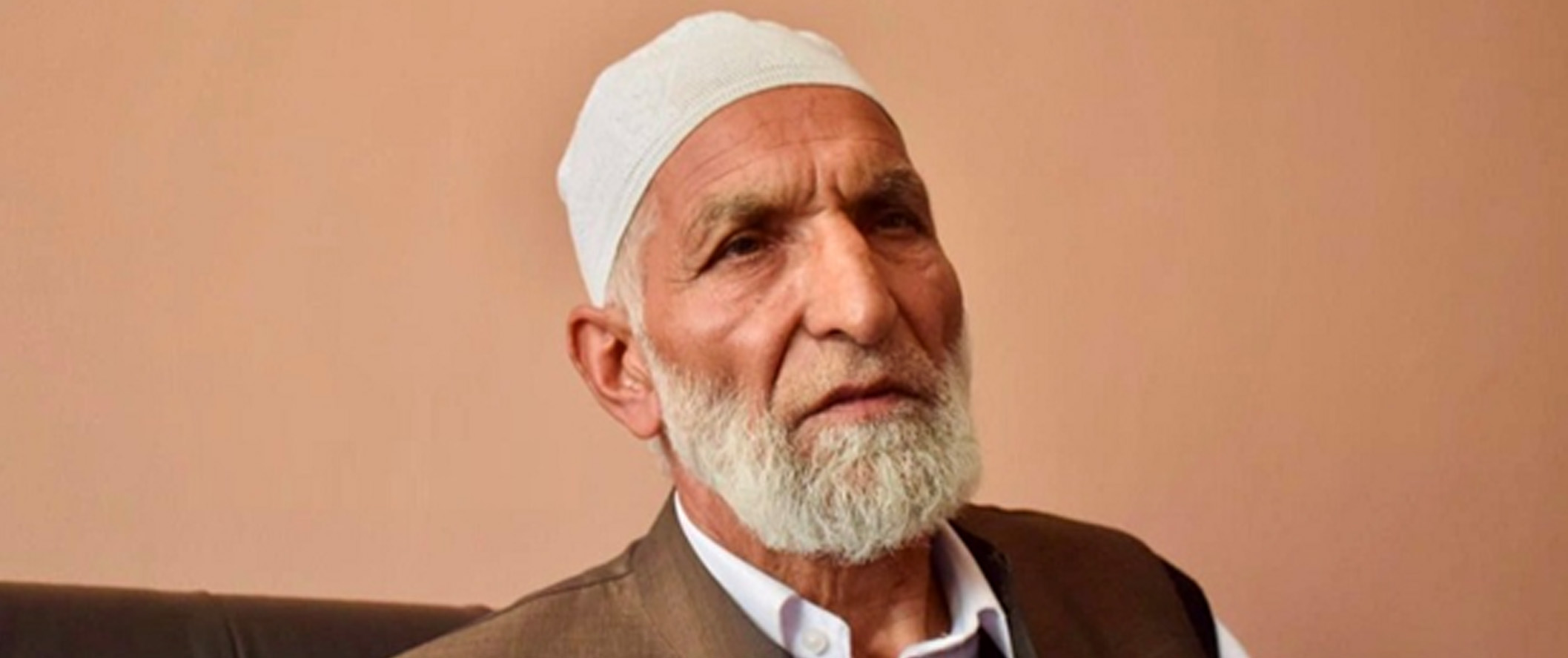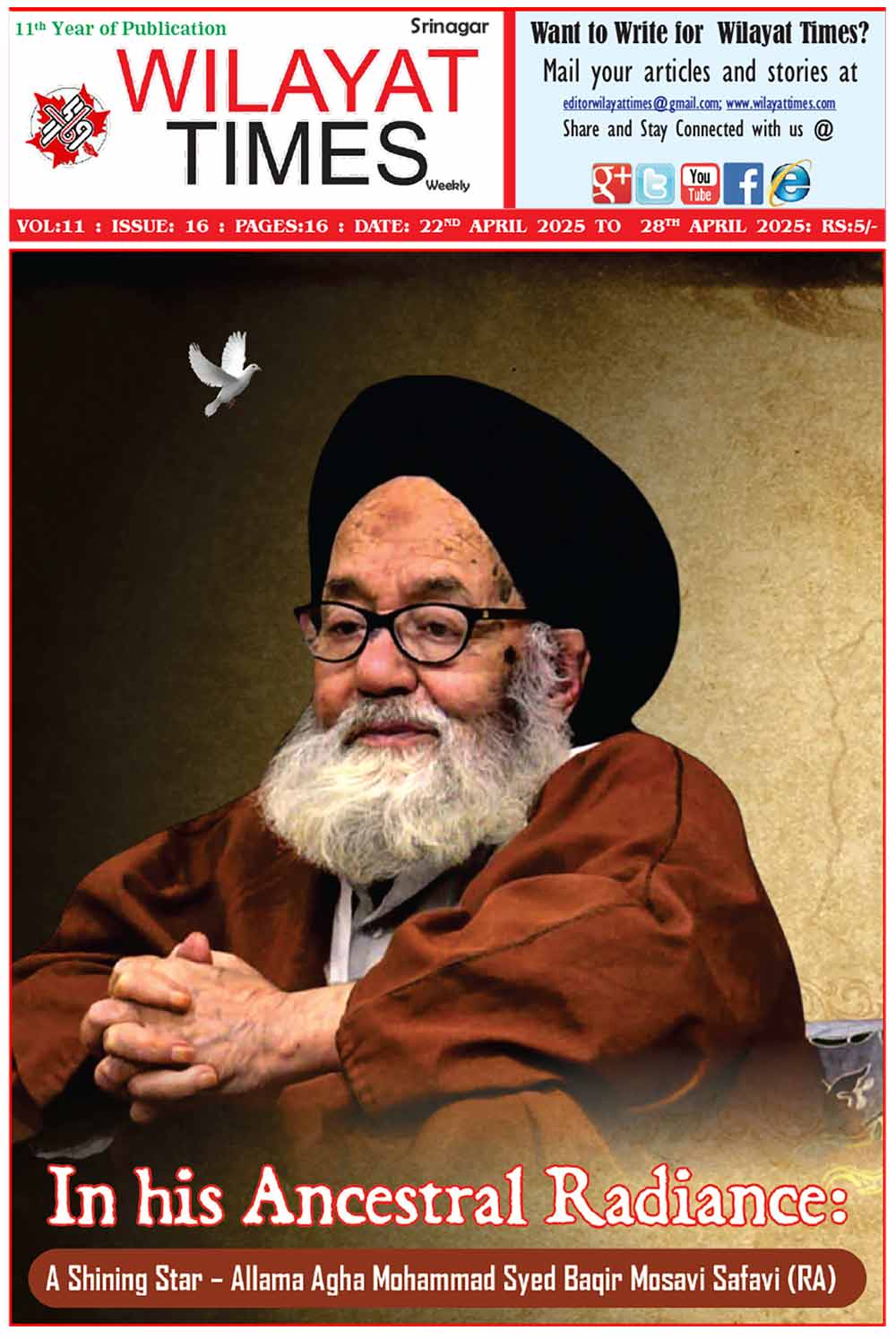Srinagar | WTNS | May 20: In a rare press conference, Ghulam Qadir Wani, head of Jamaat-e-Islami’s (JeI) panel, announced the organization’s readiness to re-enter the political arena, contingent on the central government lifting the ban imposed on it in 2019. The declaration comes in the wake of Wani and other JeI members participating in the May 13 polls.
The Ministry of Home Affairs had banned JeI post the abrogation of Article 370, citing national security concerns. Speaking to reporters, Wani emphasized JeI’s commitment to the democratic process. “We will contest the upcoming Assembly polls in September if the Centre revokes the ban. Our focus will be on socio-religious reforms, tackling drug abuse, and addressing moral issues,” he stated.
Wani also disclosed that JeI’s Majlis-e-Shoora had decided to engage in the electoral process. “We have always believed in democracy,” he said, addressing previous election boycotts as reactions to external pressures and threats.
JeI’s potential return to elections could significantly impact Kashmir’s political landscape. Historically, JeI was part of the Muslim United Front, a coalition that contested the contentious 1987 elections. Allegations of rigging in those elections contributed to the rise of militancy in the region.
However, a press statement from JeI J&K circulating on social media contested Wani’s announcement, claiming the decision was not officially sanctioned by a full quorum of the Majlis-e-Shoora. The authenticity of this statement could not be verified by The Wire.
Wani’s statement coincides with Union Home Minister Amit Shah’s visit to Srinagar. There are unconfirmed reports of potential meetings between Shah and JeI leaders, although these reports remain unverified.
Former J&K Chief Minister Omar Abdullah welcomed the prospect of JeI’s participation in elections, urging the Centre to lift the ban. “It is beneficial for the democratic process if Jamaat participates directly rather than supporting other candidates,” he said.
JeI has faced bans in the past, notably during Indira Gandhi’s government in 1975 and from 1990 to 1995. The 2019 ban resulted in the closure of JeI-run schools and the seizure of properties, with over 300 members detained under preventive laws. The BJP-led government’s actions were based on the belief that JeI’s activities were counterproductive to national interests, although some analysts argue that the group’s influence was overstated.
As the situation evolves, the possibility of JeI’s return to the electoral process remains a focal point of discussion in Kashmir’s complex political environment.



